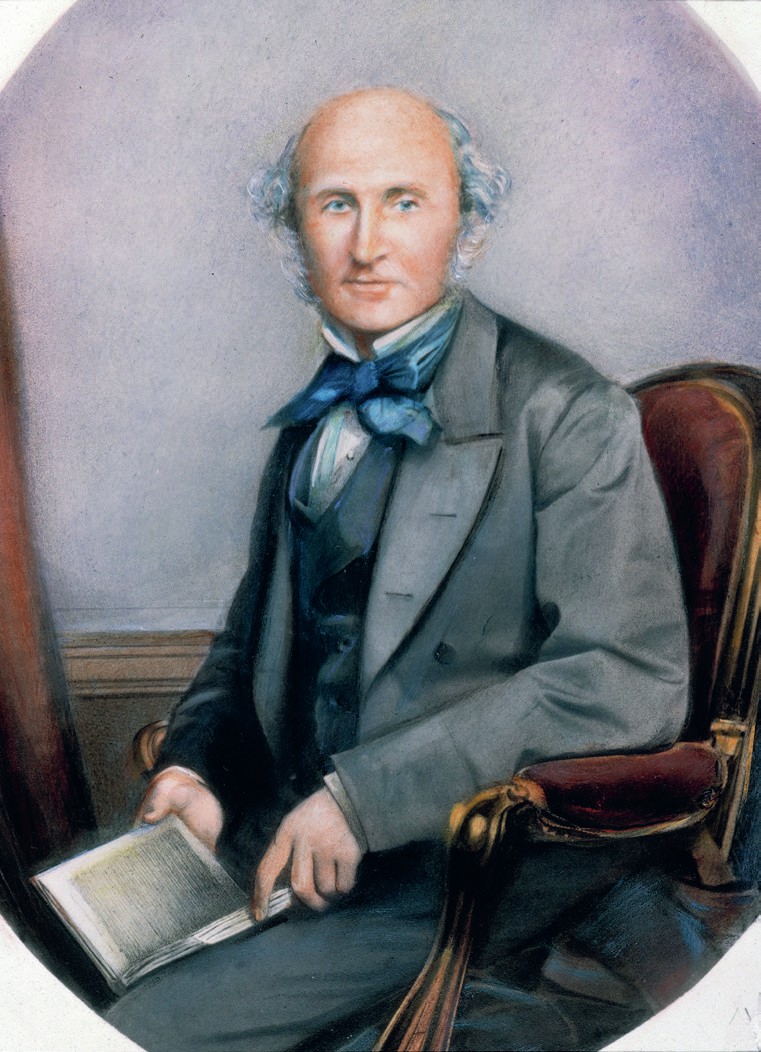
At first glance, the concept of positive freedom may not seem wildly different from that of negative freedom. However, it is a fundamentally different approach to liberty that distinguishes modern liberals from their classical counterparts. Positive freedom is that which enables individuals to develop their talents and reach their full potential. It is about the freedom to do something, rather than freedom from restraint. Positive freedom suggests the need for an enabling state, in stark contrast to the limited state associated with negative freedom.
The origins of liberal belief in positive freedom can be found with John Stuart Mill (1806–73). This is surprising, as Mill was a proponent of a limited state. However, Mill also recognised that Britain in the nineteenth century was experiencing profound social and political change. Concerned about calls for universal franchise – specifically that many people were ill-equipped to make informed decisions on how to vote – Mill believed that universal education should precede universal franchise. This was inf luenced by his view of liberty, which he came to regard not just as a ‘natural right’, as in the eyes of the classical liberal John Locke, but as a process in which there was always room to improve. As such, Mill was the first person to articulate ‘developmental individualism’ – the potential for every individual to grow and develop.
Your organisation does not have access to this article.
Sign up today to give your students the edge they need to achieve their best grades with subject expertise
Subscribe




